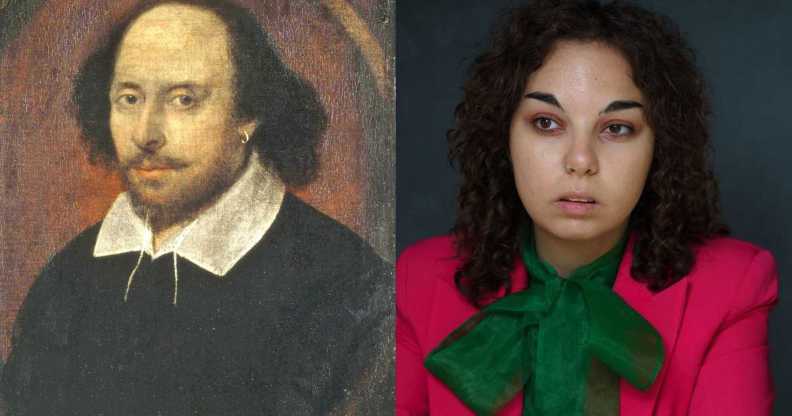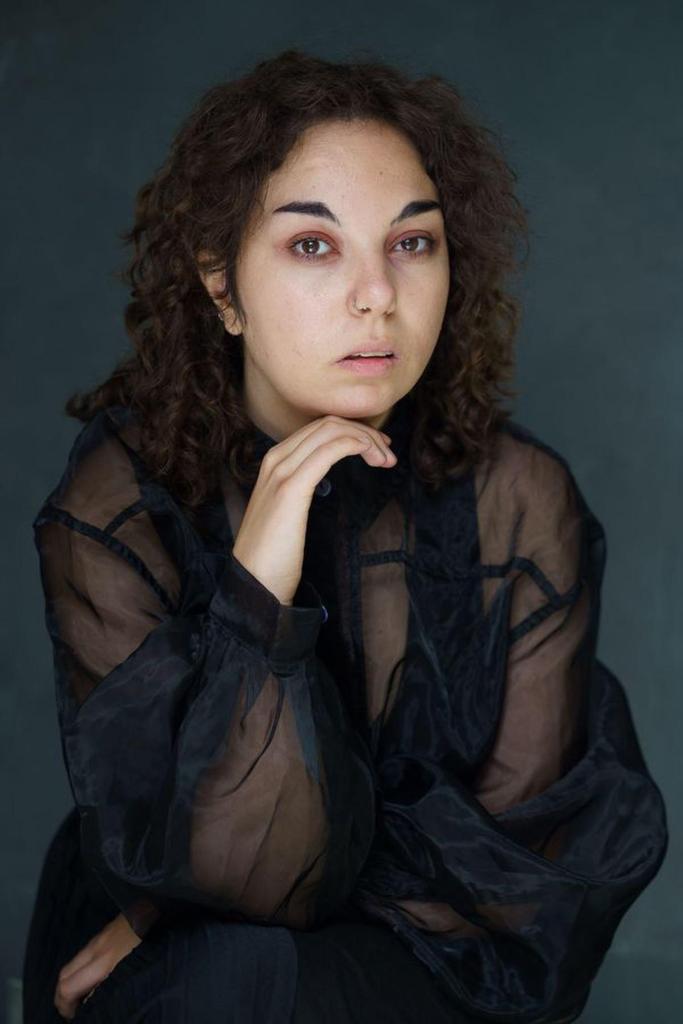Censoring Shakespeare in schools is ‘a form of indoctrination’, scholar says

A researcher examining queerness in Shakespeare’s works has condemned a Florida county’s decision to censor the playwrights works. (Saraya Haddad / Canva)
As schools in Florida begin to censor Shakespeare as a result of the state’s Don’t Say Gay law, a PHD researcher explains how teachers will end up “rewriting history”.
Don’t Say Gay, the law which restricts instruction of LGBTQ+ identities and sexual content in schools, was expanded in March to cover a greater age range.
As a result, Hillsborough County schools district has announced it will now only teach excerpts from some of Shakespeare’s most-famous works, such as Macbeth, Hamlet and Romeo and Juliet, to avoid any violation of the law.
But Saraya Haddad, a PhD researcher at the Shakespeare Institute in Stratford-upon-Avon, has warned that teaching only excerpts from the Bard’s works will “take Shakespeare out of context and rewrite literature history”.
“In my opinion, it’s a way of alternating key themes, ideas and a really important part of the past,” she tells PinkNews.
Much of Shakespeare’s work focuses on “key themes of freedom: freedom of gender, liberty and breaking free of societal laws and constraints”, Haddad explains.
“They tell us a lot about growing up 500 years ago, but also how little in the world has changed. Shakespeare’s works focus on the fundamental emotions that humans will always experience, and the struggles.”
It’s been reported that the “raunchy” content of Shakespeare’s works drove the decision by Hillsborough County to teach only extracts.
But Haddad notes that queerness is also very much present in his plays.
“They often call it early modern drag or Elizabethan drag because it was men on the stage dressing up as women.
“I feel it’s very important because it’s a way for LGBTQ+ individuals to see themselves in history when they’re learning about how these plays were preformed and the way that gender was so clearly bent and played with in a very fluid way in the time period.”

Haddad believes it’s crucial that queer youngsters study Shakespeare in full in order for them “to see that gender fluidity and diversity have always been present in the past”.
The Don’t Say Gay censorship is “scary” and a “form of indoctrination”, she adds.
“It’s almost like the pot calling the kettle black,” she points out, referring to right-wing claims that queer culture indoctrinates children.
“LGBTQ+ youths and students will no longer see themselves in these texts and they won’t have any sense of visibility and that’s a very dangerous precedent,” she says.
“It’s going to make them feel like outcasts.”
It will also have an “elitist effect”, she says, because, despite the school district suggesting students can read the Bard’s works in their full in their own time – they will remain in school media centres – many won’t be able to understand Shakespearean language without the help of a teacher.
Some historians, including Haddad, believe that Shakespeare was queer, and that a number of his best-known works were influenced by his attraction to men.
Don’t Say Gay, also known as the Parental Rights in Education law, prohibits instruction on gender and sexuality up until the eighth grade, and on reproductive health until the 12th grade. It also places limits on material that “contain[s] pornography or obscene depictions of sexual conduct”.
How did this story make you feel?

